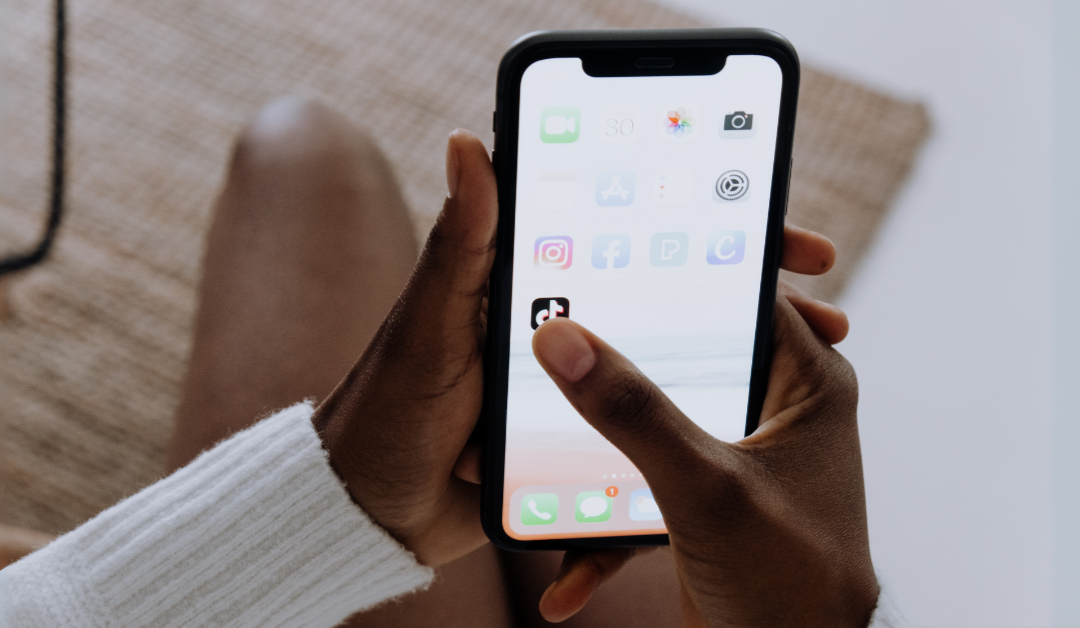Written by Erin Dunlevy, VP and Consultant, True North EDI
“Change is coming – what do we need to imagine as we prepare for it?” (p. 58, Emergent Strategy by adrienne maree brown)
For many of us on TikTok, these last few weeks have felt like the final pre-summer weeks of senior year. With a TikTok ban originally set to go into effect on January 19th (as of the time of publication, the Supreme Court had still not voted to enforce the ban and Senator Ed Markey introduced a bill to delay it), TikTok users in my feed have been sharing their favorite memories from the last 5 years on the app, reveling in the social and economic accomplishments achieved and sharing plans for the future. With the humor and resilience I have come to expect from my little corner of this online community, the core of all the engagement I’ve been a part of in these recent weeks has been the heartfelt planning for how we will stay connected in this future of uncertainty and change: Where will we meet up when the ban takes effect? What adaptations will need to take place so that what’s been cultivated won’t be lost? And what might be possible if we make these changes as a collective?
No matter what you feel about the complex implications of social media in our world, we can use this moment as a case study for collective adaptation. The United States government has been moving swiftly into an era of censorship, and DEI is at the center of this shift. Simultaneously, tech giants like Meta are moving away from information regulations by removing fact checkers and allowing hate speech and disinformation to flow unchecked. What we can talk about and how (and where) we can talk about it is at the center of multiple corporate and legislative efforts.
And yet while all of this is happening to all of us, there are still arguments among us in the DEI industry about whether or not change in language or approach to our DEI work dilutes our purpose. With this dilemma in mind, we’d like to uplift some of the lessons from the TikTok case study and apply them to our work at this pivotal moment.
1. Remember these changes are impacting all of us.
TikTok users have come together across lines of difference on multiple issues that impact all of us in the past few weeks. In the landscape of DEI, it is tempting to turn our attention towards the changes others are making and respond with criticism. If we can refocus our attention to the fact that different sectors will experience anti-DEI legislation differently, it will remind us that we’re all experiencing the impact of these changes and because of that, we will need to rely on the wisdom and experience of those closest to those different sectors to make changes that will sustain their priorities, some of which may not be visible to us.

